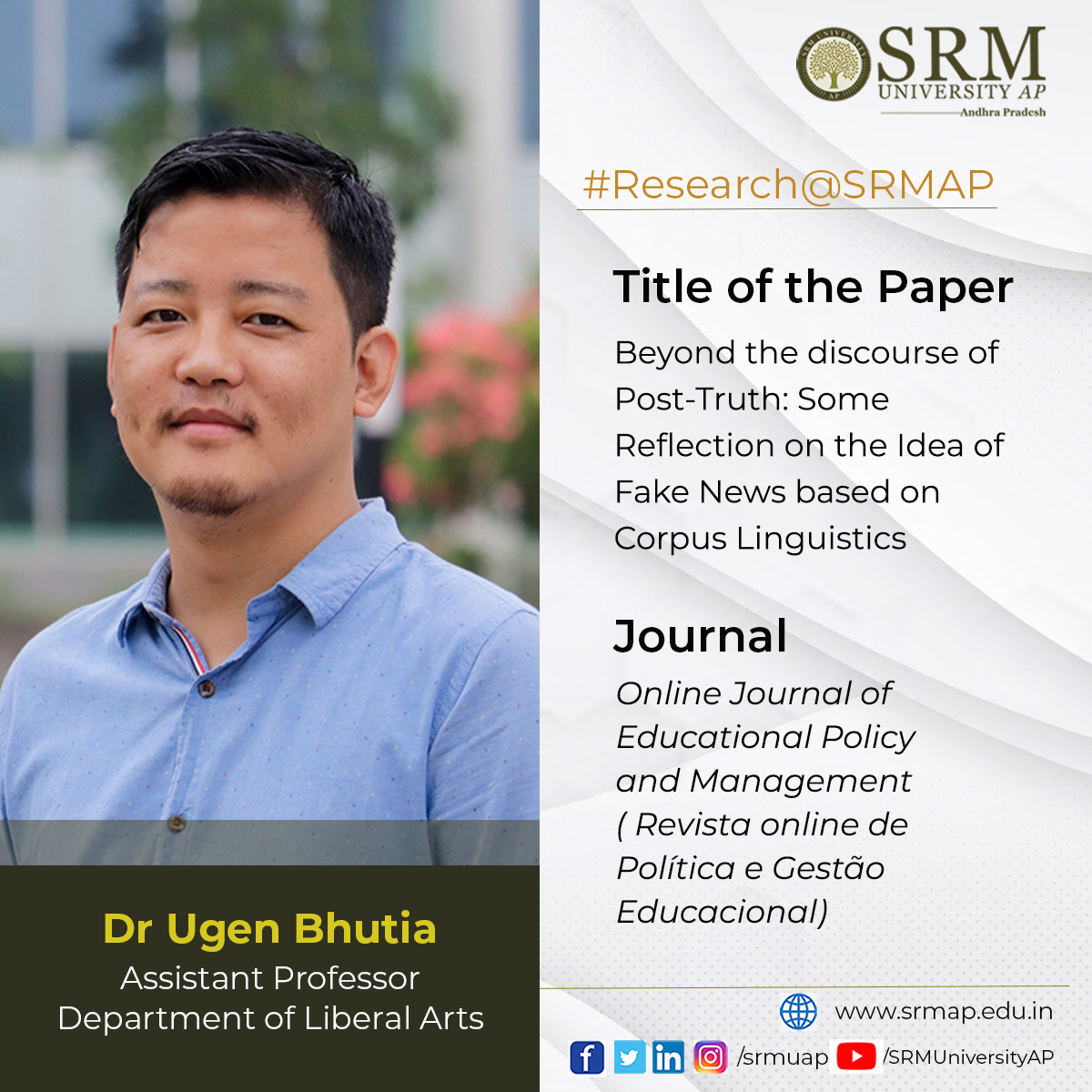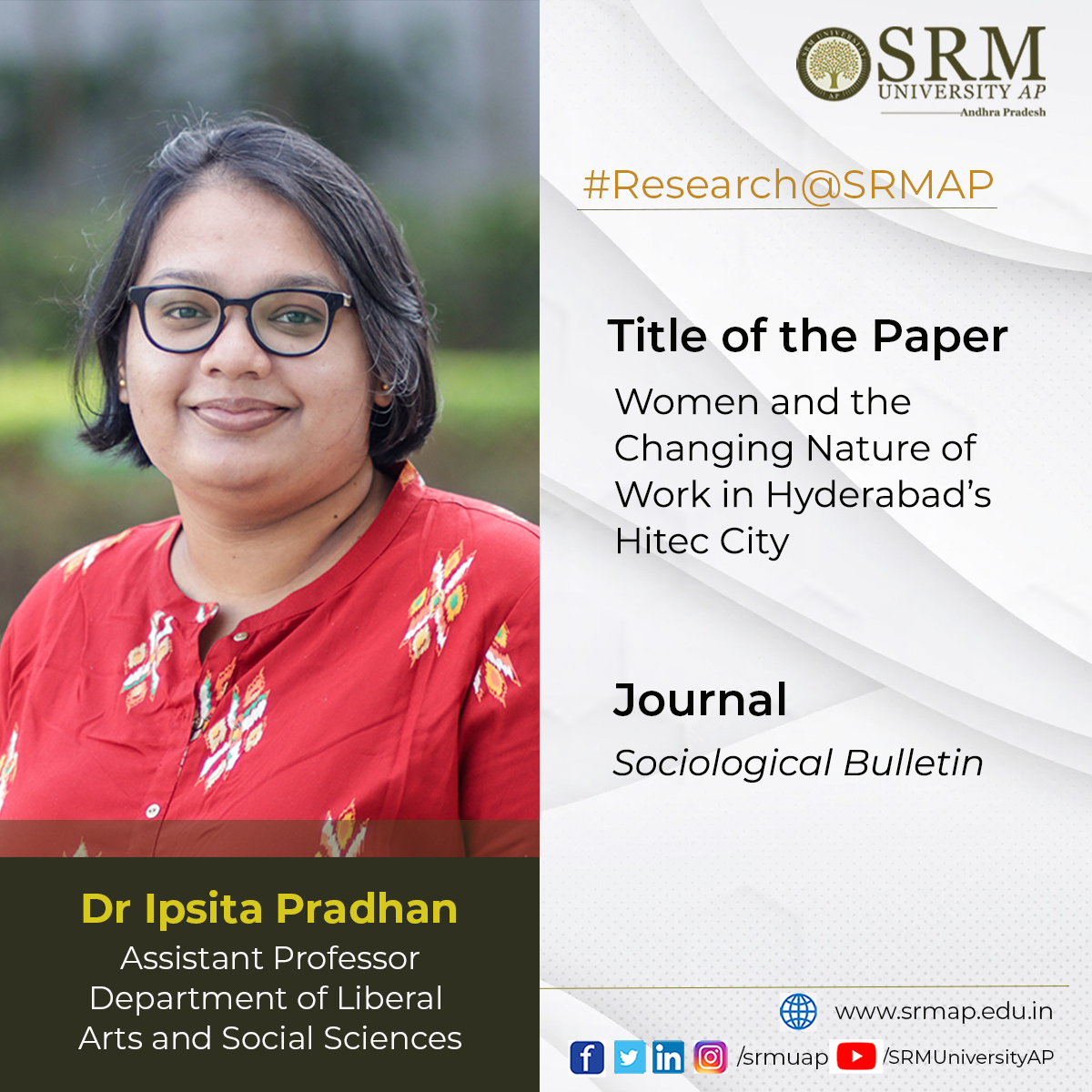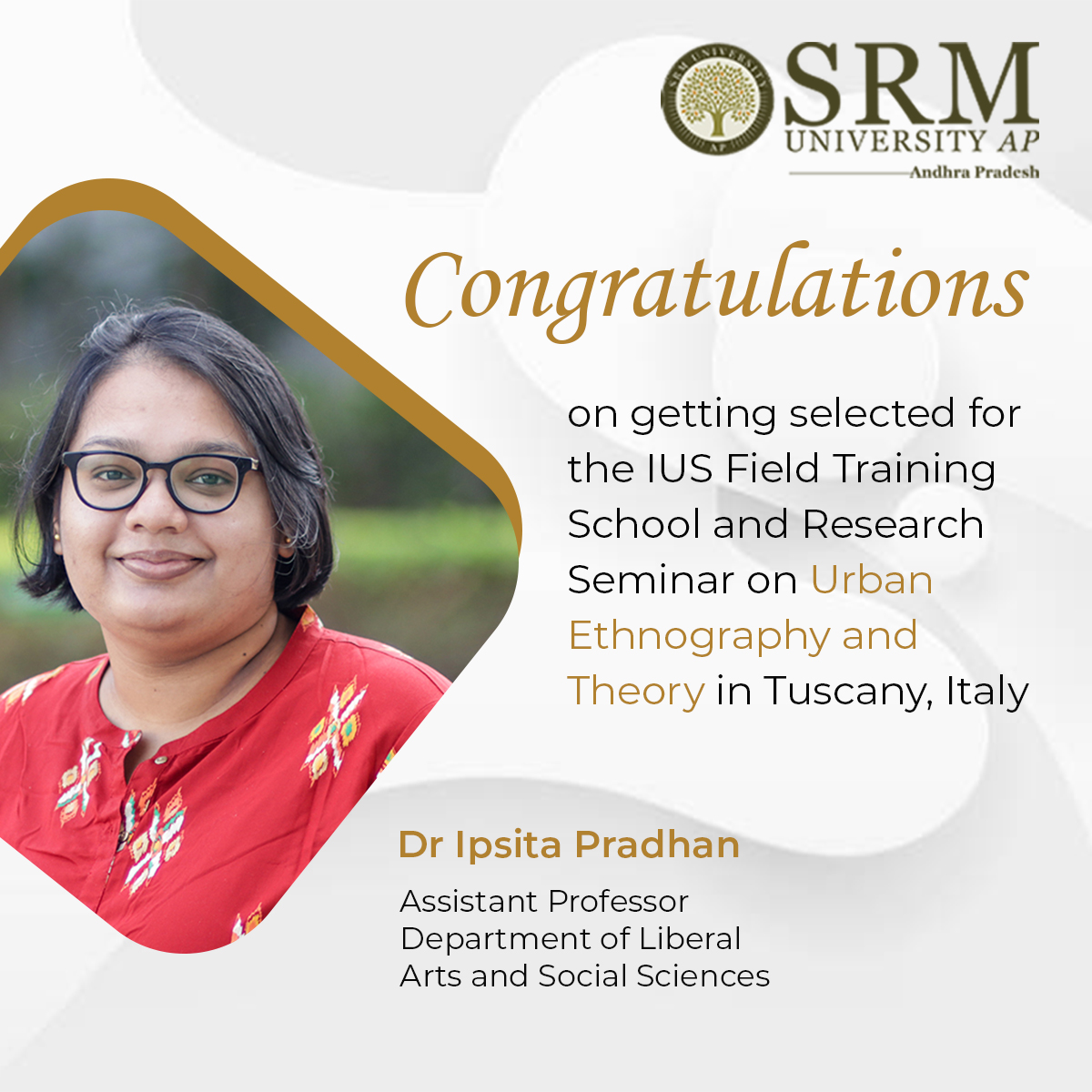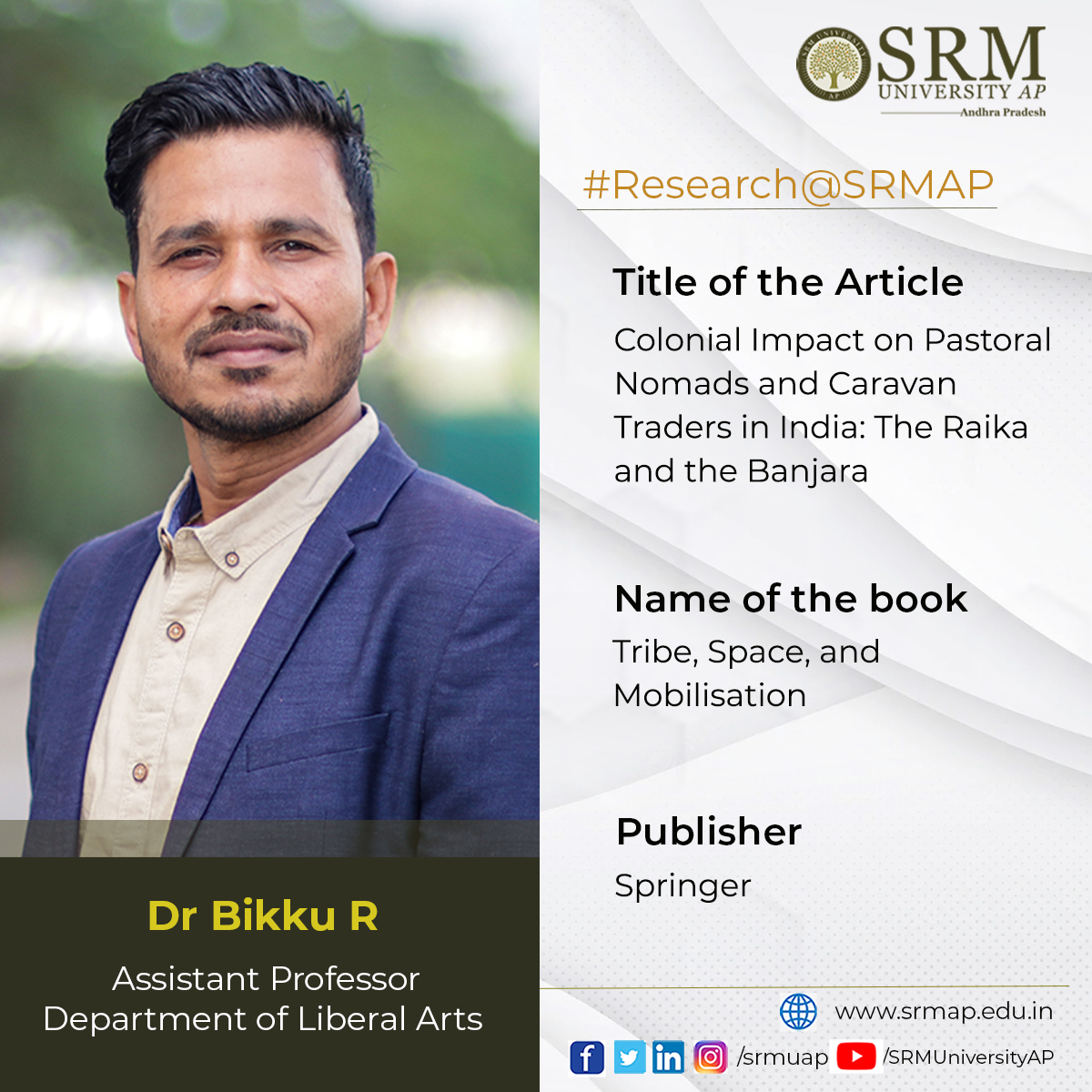- The genealogy of post-truth and fake news in the Indian context July 28, 2022
 Post-truth represents the replacement of facts with personal beliefs and emotional appeals in order to shape public opinion. The distinction between fake and real news is not about reliable and unreliable sources. It’s about honesty and deception. The media can both inform and deceive people. What makes the news fake is the intention of its author. Discourses are produced by the effects of power within a social order. This power prescribes certain rules and categories that define the criteria for legitimating knowledge and truth within the discursive order. Assistant Professor Dr Ugen Bhutia of the Department of Liberal Arts published an article titled Beyond the discourse of Post-Truth: Some Reflection on the Idea of Fake News based on Corpus Linguistics in the Online Journal of Educational Policy and Management.
Post-truth represents the replacement of facts with personal beliefs and emotional appeals in order to shape public opinion. The distinction between fake and real news is not about reliable and unreliable sources. It’s about honesty and deception. The media can both inform and deceive people. What makes the news fake is the intention of its author. Discourses are produced by the effects of power within a social order. This power prescribes certain rules and categories that define the criteria for legitimating knowledge and truth within the discursive order. Assistant Professor Dr Ugen Bhutia of the Department of Liberal Arts published an article titled Beyond the discourse of Post-Truth: Some Reflection on the Idea of Fake News based on Corpus Linguistics in the Online Journal of Educational Policy and Management.Abstract
The article illustrates how we deceive ourselves by attempting to understand fake news through the notion of a post-truth society. The paper argues that the concepts of fake news and post-truth are not an aberration in the history of media practices and neither of contemporary origins. They are an intricate part of the discursive practices in which media as an institution engages. The article builds on Foucault’s approach to discursive practices and applies a meta-discursive framework to trace the genealogy of post-truth and fake news in an Indian context. The article also critically reflects on some key strategies to contain and counter fake news. For instance, media literacy and linguistic approaches such as corpus linguistics to detect fake news.
Continue reading → - Gendered work and contemporary India July 28, 2022
 Economic institutions, technological developments, cultural norms, religious and intellectual currents, and popular beliefs have always played a huge role in asserting clear boundaries between men’s and women’s work. The recent research paper of Assistant Professor Dr Ipsita Pradhan, Department of Liberal Arts, focuses on the transformation of gendered work in contemporary India. The paper is titled Women and the Changing Nature of Work in Hyderabad’s Hitec City and was published in the journal Sociological Bulletin.
Economic institutions, technological developments, cultural norms, religious and intellectual currents, and popular beliefs have always played a huge role in asserting clear boundaries between men’s and women’s work. The recent research paper of Assistant Professor Dr Ipsita Pradhan, Department of Liberal Arts, focuses on the transformation of gendered work in contemporary India. The paper is titled Women and the Changing Nature of Work in Hyderabad’s Hitec City and was published in the journal Sociological Bulletin.Abstract
This article looks at the ways in which gendered work is being transformed in contemporary India by focussing on Hyderabad, the capital of Telangana. Since the mid-1990s, after India opened its doors to multinational agencies, new forms of gendered labour have manifested. One of the ramifications of this gendered process is the feminisation of labour that enabled the participation of more women in the workforce, engaging in activities that were low-paid. The basis of feminisation is that certain jobs require fewer skills or particular kinds of skills, for which women are thought to be suitable. This also has implications for the low bargaining power of women workers. The feminisation of the labour force in HITEC city, Hyderabad is a consequence of the changing labour markets with globalisation, offshore factories, migration, and other changes in the workplace.
Continue reading → - Dr Ipsita Pradhan selected for a seminar on Urban Ethnography and Theory in Italy July 27, 2022
 Recently, Assistant Professor Dr Ipsita Pradhan from the Department of Liberal Arts has been selected for the IUS Field Training School and Research Seminar on Urban Ethnography and Theory in Tuscany, Italy. The seminar was held from July 18 to 26, 2022.
Recently, Assistant Professor Dr Ipsita Pradhan from the Department of Liberal Arts has been selected for the IUS Field Training School and Research Seminar on Urban Ethnography and Theory in Tuscany, Italy. The seminar was held from July 18 to 26, 2022.This eight-day Field Training School and Research Seminar is addressed to researchers, who are interested in ethnographic research and empirically grounded analysis. It is organised and hosted by the International Urban Symposium-IUS in collaboration with an international group of senior scholars from European, Indian, Middle Eastern, and US Universities. The school offers an interactive learning environment and opportunities to discuss the rationale and practices of research methods and mainstream debates. Participants will have the opportunity to present their own research and receive feedback from leading scholars. The Teaching Seminars will focus on methodological and theoretical debates, benefiting from senior scholars’ wide range of ethnographic, methodological, and theoretical expertise.
Continue reading → - Colonial Impact on Pastoral Nomads and Caravan Traders in India July 26, 2022
 Cultural and Post-colonial studies enclose various historical approaches. It ranges from cultural studies and comparative social history to analysis of the means of domination and resistance. Nevertheless, there are communities that didn’t get the space they deserve in the studies of settled communities. Assistant Professor Dr Bikku R from the Department of Liberal Arts published a paper titled Colonial Impact on Pastoral Nomads and Caravan Traders in India: The Raika and the Banjara to analyse the aftereffects of colonialism in the most unexplored communities. The article was published in the book Tribe, Space, and Mobilisation.
Cultural and Post-colonial studies enclose various historical approaches. It ranges from cultural studies and comparative social history to analysis of the means of domination and resistance. Nevertheless, there are communities that didn’t get the space they deserve in the studies of settled communities. Assistant Professor Dr Bikku R from the Department of Liberal Arts published a paper titled Colonial Impact on Pastoral Nomads and Caravan Traders in India: The Raika and the Banjara to analyse the aftereffects of colonialism in the most unexplored communities. The article was published in the book Tribe, Space, and Mobilisation.Abstract
The Raika of Rajasthan and the Banjara or Lambadi tribe of the Deccan region had been self-sustained as nomadic pastoralists and caravan traders, respectively, in pre-British India. Colonial policies imposed several restrictions on nomadic communities and their economic activities by branding them as ‘criminals’ under the Criminal Tribes Act of 1871. As a result, many of the nomadic communities lost their cultural economy and struggled to survive. Colonial and post-colonial studies have primarily focused on settled communities. However, little attention is paid to pastoral nomads and itinerary communities. The present paper focuses on the transformation of traditional nomadic livelihoods, culture, and economy of the two communities; the Raika pastoralist and the Banjara traditional caravan traders and livestock breeders’ as a consequence of colonial policies. It also emphasises current livelihood strategies. Empirical data resulting from ethnographic fieldwork and colonial and post-colonial literature have been examined. An ethnographic study among the Banjaras from the Deccan region during the year 2009- 2010 and the Raika of Rajasthan between 2013- 2015 and 2019 helped to understand their past and present situations. Colonial and post-colonial policies, governance, and their impact on pastoralists and other nomadic communities have been critically examined.
Continue reading →

